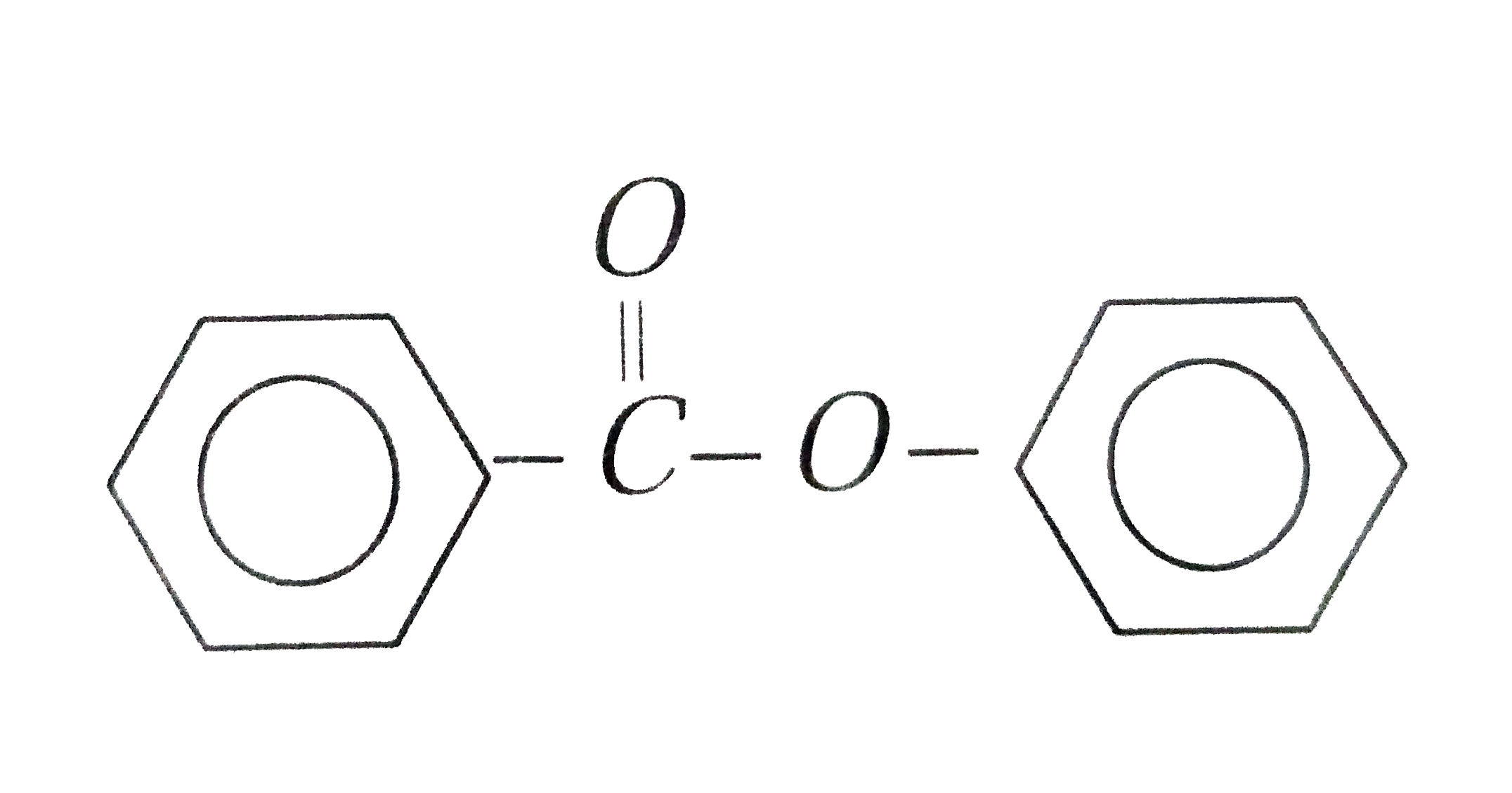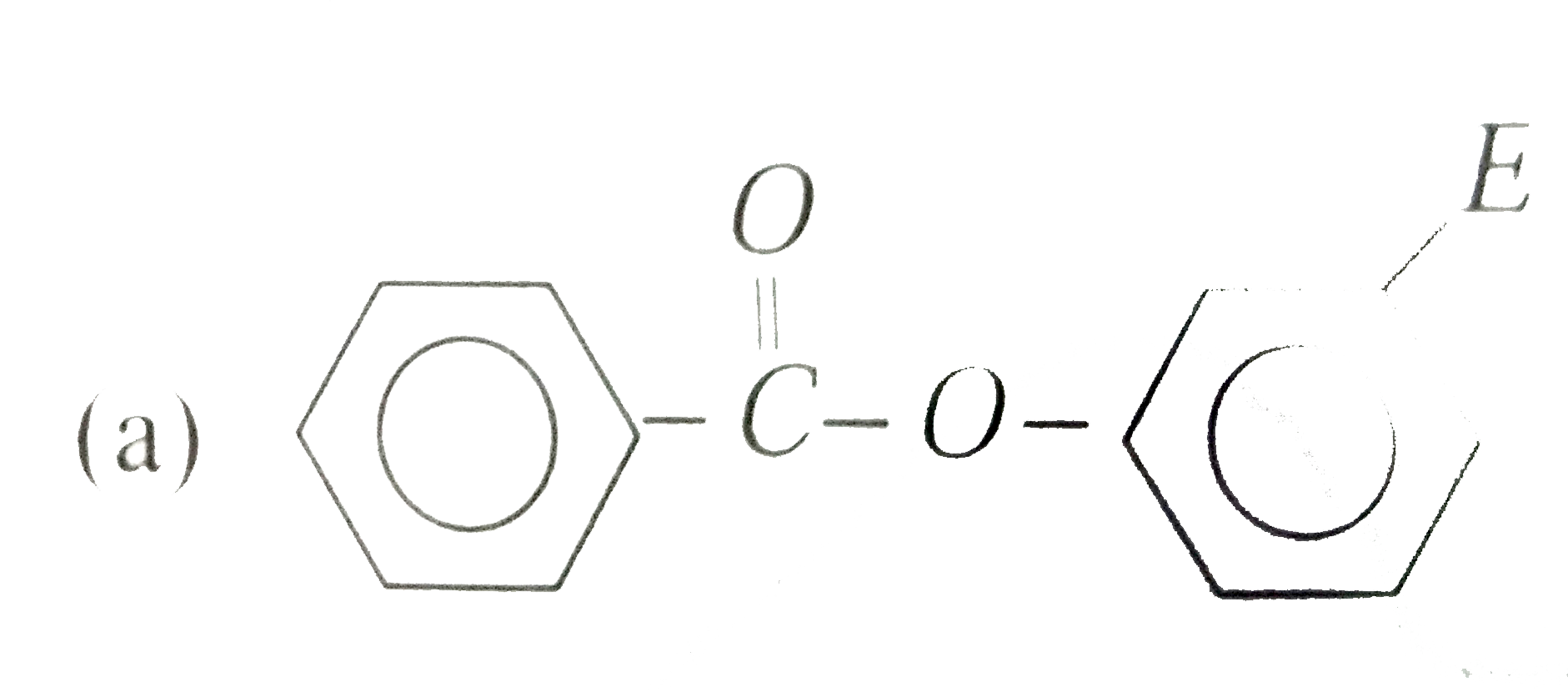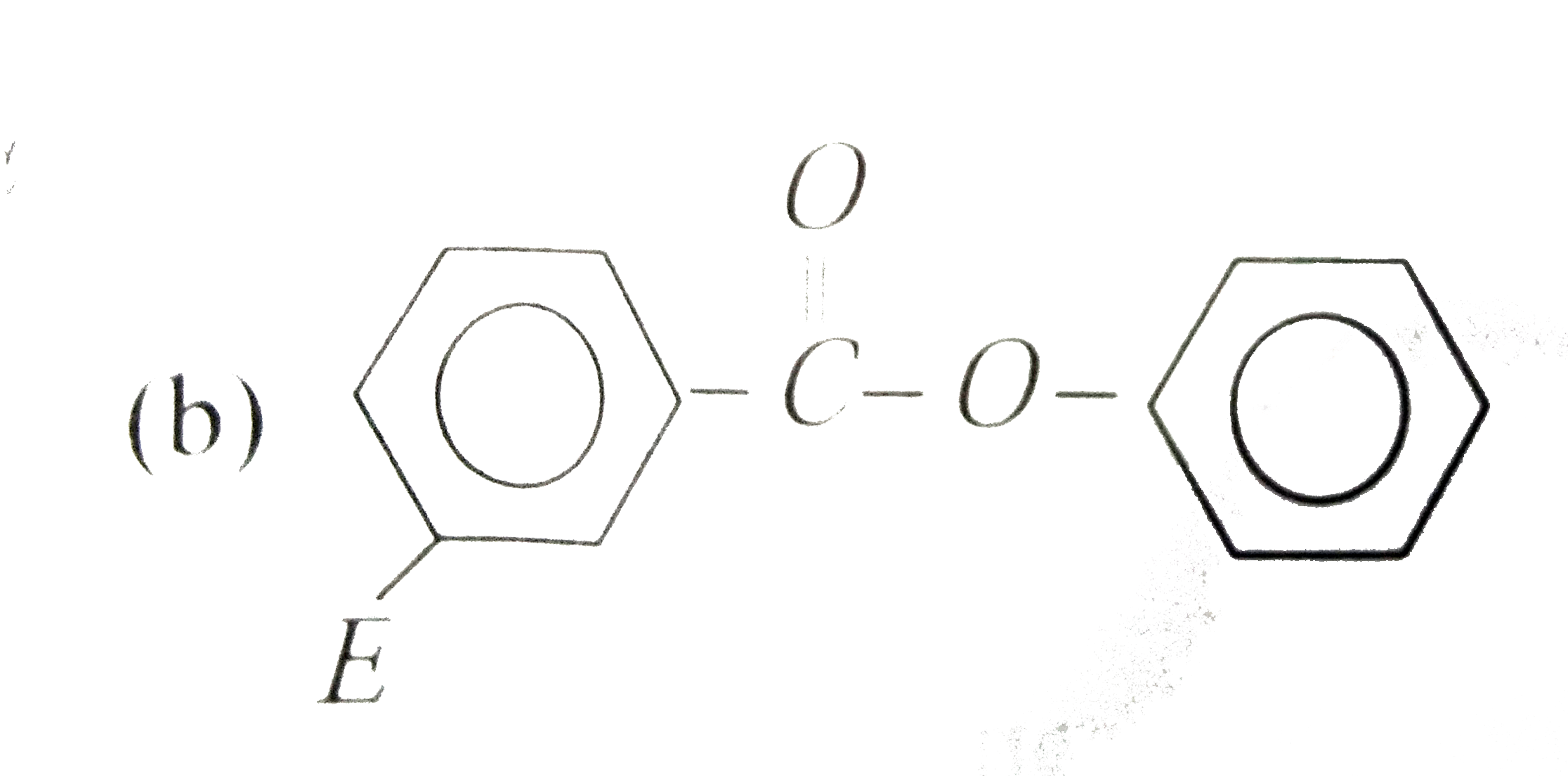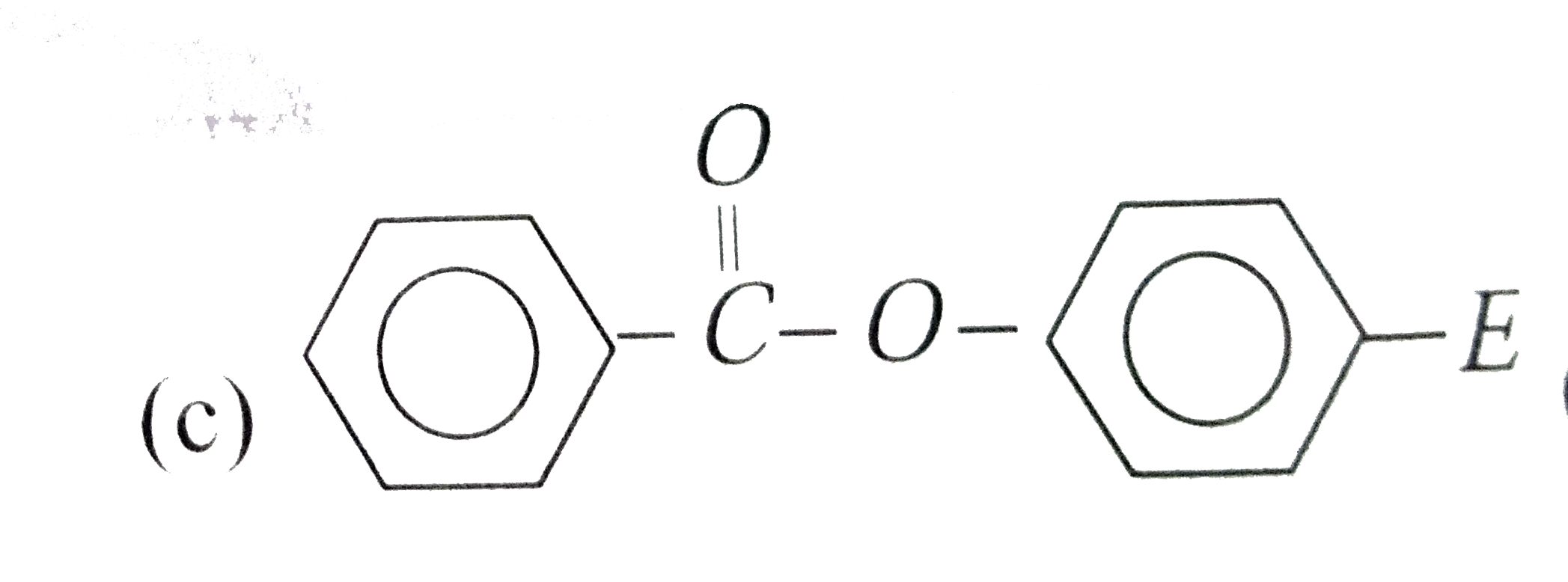Find the major product (considering E as the electrophile) when the following substrate is subjected to electrophilic aromatic substitution

A

B

C

D

Video Solution
Text Solution
The correct Answer is:C
The following Structure are
|
Topper's Solved these Questions
- CARBOXYLIC ACID AND THEIR DERIVATIVESBOOK - ERRORLESS CHAPTER - CARBOXYLIC ACID AND THEIR DERIVATIVESEXERCISE - Ordinary Thinking Objective Questions (Uses of Carboxylic Acids and Their Derivatives)
6 Videos
- CARBOXYLIC ACID AND THEIR DERIVATIVESBOOK - ERRORLESS CHAPTER - CARBOXYLIC ACID AND THEIR DERIVATIVESEXERCISE - Critical Thinking Objective Question
9 Videos
- CARBOXYLIC ACID AND THEIR DERIVATIVESBOOK - ERRORLESS CHAPTER - CARBOXYLIC ACID AND THEIR DERIVATIVESEXERCISE - Ordinary Thinking Objective Questions (Preparation of Carboxylic and Their Derivatives)
46 Videos
- BIOMOLECULES AND POLYMERBOOK - ERRORLESS CHAPTER - BIOMOLECULES AND POLYMEREXERCISE - Jee section (Jee (Advanced 2018)) (More than one choice correct answer)
1 Videos
- CHEMICAL BONDING BOOK - ERRORLESS CHAPTER - CHEMICAL BONDING EXERCISE - JEE Section (Jee (advanced ) 2018)
1 Videos
Similar Questions
Knowledge Check
Which of the following reactions belong to electrophilic aromatic substitution ?
ABromination of acetanilideBCoupling reaction of aryldiazonium saltsCDiazotisation of anilineDAcylation of anilineWhich of the following reaction belong to electrophilic aromatic substitution
ABromination of acetanilideBCoupling reaction of aryldiazonium saltsCDiazotisation of anilineDAcylation of anilineCinnamic acid towards electrophilic aromatic substitution
Ametal directingBo-p directingCIpso substitution takes placeDEqually give ortho, para and meta substituted product
For an electrophilic aromatic substitution reaction
View SolutionWhich of the following reacts the fastest in electrophilic aromatic substitution?
View SolutionWhich of the following compounds is most reactive in electrophilic aromatic substitution?
View SolutionThe rate determining step in electrophilic aromatic substitution is the
View SolutionWhich of the following compounds doesn't undergo electrophilic aromatic substitution?
View Solution

